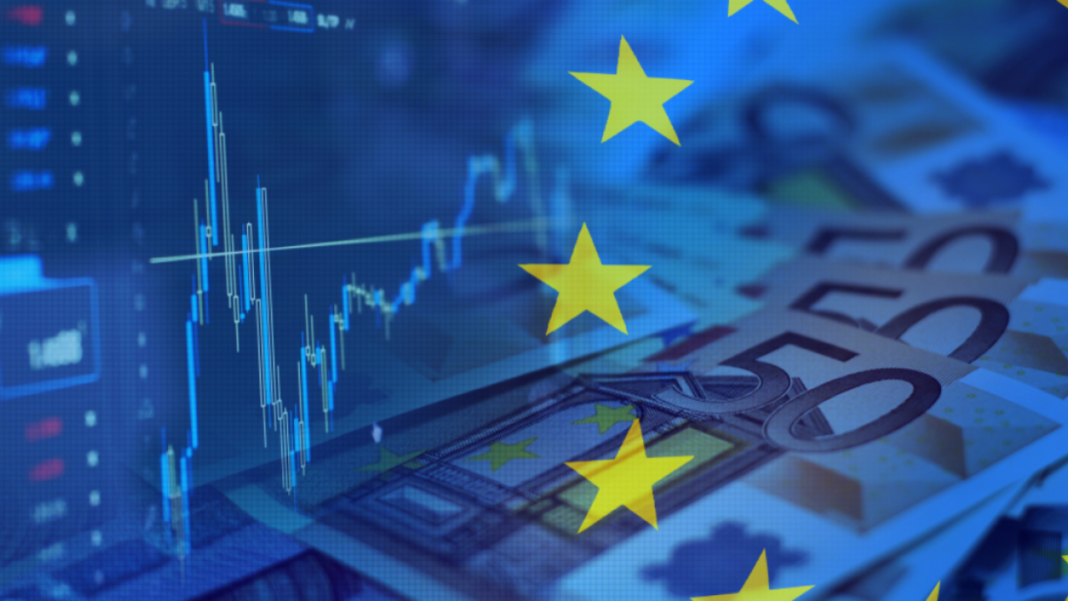Eurozone inflation slowed to 2.2% in March, just below February’s final reading of 2.3%, according to Eurostat’s flash data released on Tuesday. This marks a continuation of the downward trend in inflation, which has been a key concern for the European Central Bank (ECB).
Core inflation, excluding volatile categories like food, energy, alcohol, and tobacco, eased to 2.4% in March from 2.6% in February. Services inflation, which had been stubbornly high at around 4% for several months, also fell to 3.4%, down from 3.7% in February. These figures indicate that inflationary pressures across the eurozone are gradually diminishing.
Inflation in major eurozone economies also showed positive signs, with Germany’s inflation dipping to 2.3%, Spain’s to 2.2%, and France maintaining a steady 0.9%. This decrease in inflation has fueled expectations that the European Central Bank may cut its interest rates by 25 basis points during its upcoming meeting on April 17. According to LSEG data, markets are pricing in an 80% chance of this rate reduction.
The slowdown in services inflation, coupled with weak activity in recent economic surveys, has further bolstered these expectations. Jack Allen-Reynolds, deputy chief eurozone economist at Capital Economics, noted that the ECB’s likely response will be a rate cut, reflecting the diminishing inflationary pressures and ongoing economic softness.
On the employment front, the seasonally adjusted unemployment rate for the eurozone stood at 6.1% in February, continuing its downward trend. Economists had expected it to remain at 6.2%, signaling a stable labor market amid the ECB’s monetary easing.
However, the upcoming U.S. tariffs, including a 25% levy on imported cars, could introduce uncertainty into the eurozone’s inflation outlook. While the impact of these tariffs is still unclear, economists warn they could create inflationary pressures or, alternatively, deflationary forces depending on their effect on exports and market dynamics. The European Union’s response to these tariffs will likely play a pivotal role in shaping the economic landscape in the coming months.






